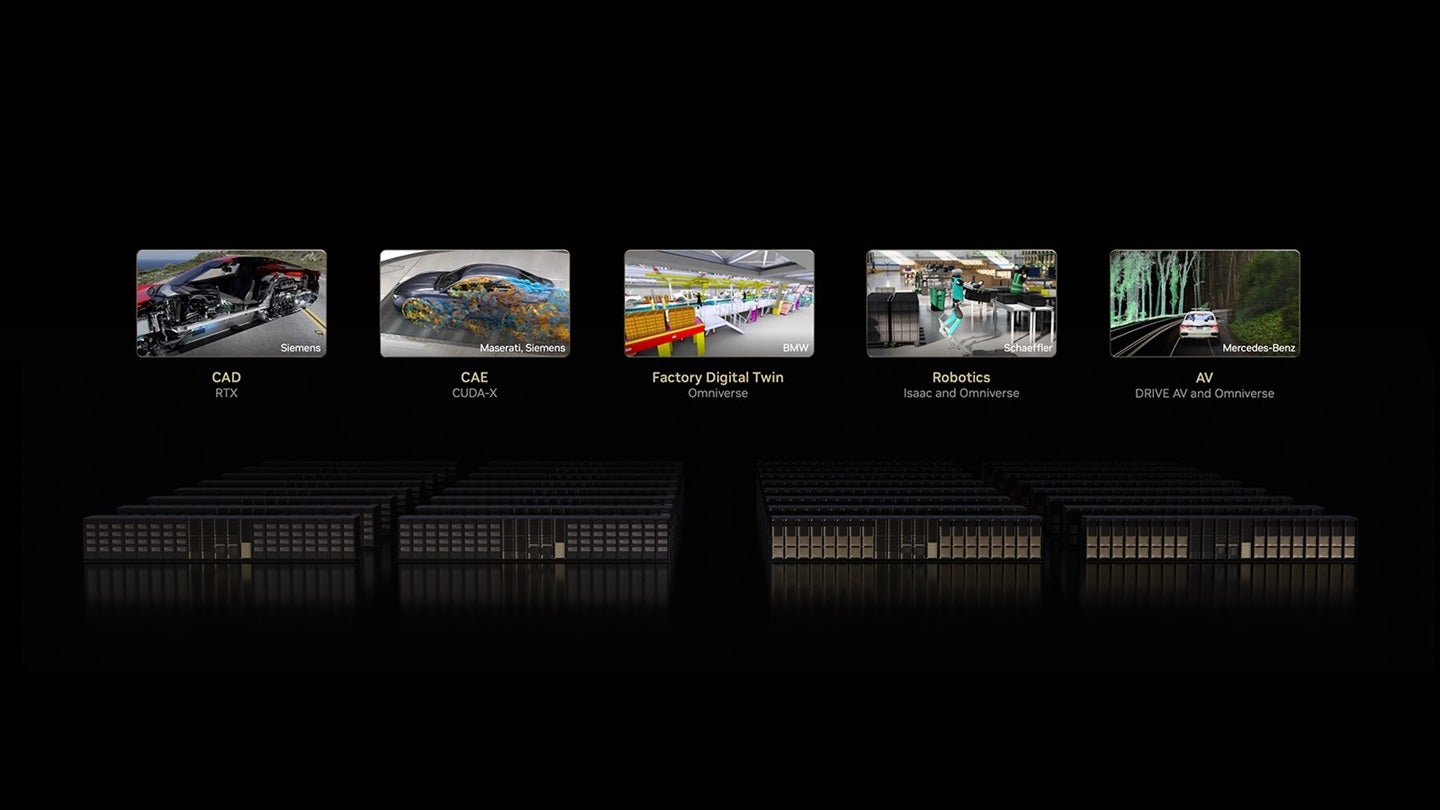- Legacy tech firms target data infrastructure for AI competitiveness
- AI software deals account for 75% of tech M&A so far this year
- Generative AI spending forecasted to reach $644 billion in 2025
June 13 (Reuters) - Weighed down by tariffs and geopolitical uncertainty, dealmaking has slowed to a crawl across most industries except one: the unglamorous world of data infrastructure.
The companies that process the data used to build advanced AI models have become highly sought after targets for legacy tech companies like Meta, Salesforce, and ServiceNow in the scramble to stay competitive against the likes of OpenAI, Google and Anthropic.
Sign up here.
“AI without data is like life without oxygen, it doesn't exist,” said Brian Marshall, global co-head of software investment banking at Citi.
“Because of that, data is having a zeitgeist moment right now driven by AI,” Marshall said.
Tech deals are one of the few bright spots in an otherwise gloomy M&A market, accounting for $421 billion of the $1.67 trillion in global deals announced in the first five months of the year, or about 25% of total M&A, according to preliminary data compiled for Reuters by Dealogic.
That’s up from about 20% last year and 17% in 2023, the data shows. Of the tech deals, those involving AI software makers accounted for almost three quarters of the overall value, the data shows.
SPEED MATTERS
Goldman Sachs Managing Director Matthew Lucas, who focuses on M&A relating to all aspects of computing, said enterprise data, as it applies to use in AI, is the “most dynamic area in software M&A right now.”
“There's a very strong perception that speed matters a lot, getting there first matters a lot, and that tends to lend itself to doing M&A,” Lucas said.
The software firms that help companies manage their data on cloud-based systems are increasingly valuable commodities as the number of such potential targets is rapidly shrinking.
Enterprise data infrastructure and analytics companies like Confluent, Collibra, Sigma Computing, Matillion, Dataiku, Fivetran, Boomi, and Qlik, could become targets for legacy tech providers in the near term, investment bankers say. The companies, they say, may help businesses integrate, analyze, and store information better.
Executives for Boomi, Dataiku, Fivetran, and Qlik all said they weren't surprised by the attention.
"Messy, siloed data has long undermined the attempts of enterprises to deliver on the transformative potential of analytics. Now, with the urgency to deploy effective AI, fixing it isn’t just essential — it’s existential," Florian Douetteau, co-founder and CEO of Dataiku, said in a statement. Requests for comment from Confluent, Collibra, Sigma Computing, and Matillion weren't immediately returned.
LEGACY TECH BUYS IN
Several multibillion-dollar deals for data infrastructure companies have been struck or closed just in the last few weeks.
Meta announced Friday a $14.8 billion deal for a 49% stake in data-labeling company Scale AI. Salesforce announced plans last month to buy data integration company Informatica for $8 billion.
Artificial intelligence is driving a once-in-a-generation makeover in tech that’s forcing several of the largest social media platforms and software makers to buy companies that help AI-backed systems run smoothly. Worldwide, generative AI spending is expected to total $644 billion in 2025, an increase of 76.4% from 2024, according to a forecast by technology data provider Gartner.
In early May, IT management provider ServiceNow
(NOW.N), opens new tabsaid it was buying data catalogue platform Data.world, which will allow ServiceNow to better understand the business context behind data, executives said when it was announced.
The Salesforce acquisition of Informatica, announced late last month, will allow Salesforce to better analyze and assimilate scattered data from across its internal and external systems before feeding it into its in-house AI system, Einstein AI, executives said at the time.
IBM
(IBM.N), opens new tabclosed on its acquisition of data management provider DataStax the very next day. IBM said the deal, announced in February, will allow it to manage and process unstructured data before feeding it to its AI platform.
BAD AI ADVICE
Those deals highlight the strategic importance for legacy software players to own all aspects of data management, and M&A is often the fastest way to achieve it. Instead of building complex data systems from scratch, they are acquiring specialists that can help organize, clean, and connect data from across their business.
Would-be targets have sometimes become the hunters as was the case when Databricks, a leader in data processing and AI that was recently valued at $62 billion, announced plans last week to buy serverless database manager Neon for $1 billion.
But dealmakers warned that companies can’t just buy any kind of data and throw it into an AI system and expect good results.
Air Canada <
AC.TO, opens new tab> was found liable in small claims court and forced to refund airfare last year after one of its AI chatbots gave a customer bad advice. Those types of errors can happen if the wrong kind of unfiltered data is imported into an AI engine, tech dealmakers say.
“A lot of companies have a huge amount of data, but I think they're learning that you can't just funnel every piece of data you have into an AI engine with no organization, and hope that it spits out the right answer,” said Brian Mangino, partner at Latham & Watkins.
Reporting by Milana Vinn in New York Editing by Nick Zieminski
Our Standards: The Thomson Reuters Trust Principles., opens new tab
Milana Vinn reports on technology, media, and telecom (TMT) mergers and acquisitions. Her content usually appears in the markets and deals sections of the website. Milana previously worked at GLG and PE Hub, where she spent several years covering TMT deals in private equity. She graduated from CUNY Graduate School of Journalism with Masters in Business Journalism.









 English (US) ·
English (US) ·